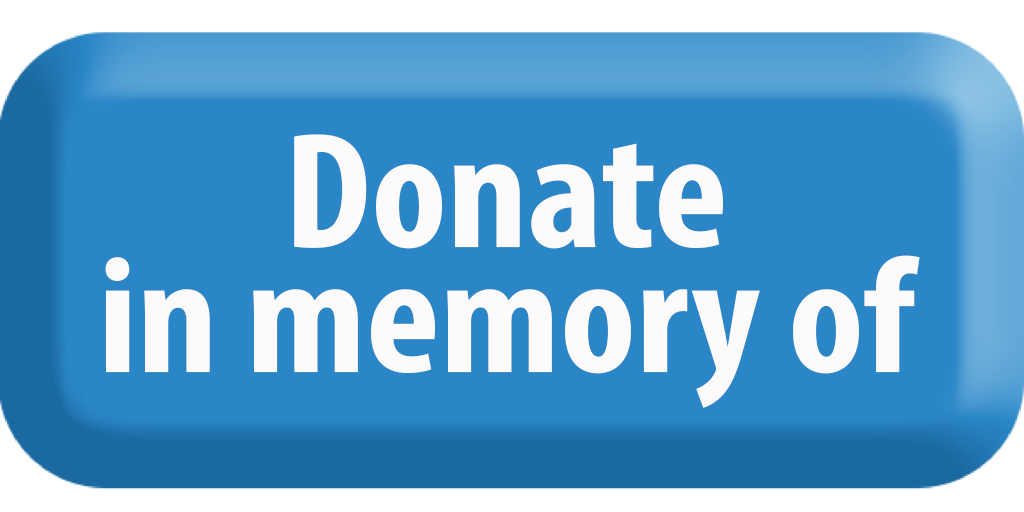Dear Hope Nation.
I was wrong.
Yesterday, I wrote a letter to you about Hope for New Hampshire Recovery—”Hope is a recovery center, focused on helping people find, maintain and strengthen their recovery from drug and alcohol misuse.”
I believe that is true.
I also wrote about my belief that Hope should not issue any statement about the murder of George Floyd at the hands of the police. People may (and do) disagree with me, but I still believe that. If Hope responded to every outrage, we would lose sight of our mission, and people would die.
I believe that is true.
I also wrote that Hope should not speak about institutional racism.
I was wrong.
One-hundred percent wrong.
I am sorry, and hope you will forgive me.
Maintaining silence about headline issues is a reasonable position, I think.
Maintaining silence against the oppression of human beings is complicity.
Racism is everywhere and always a moral blight. Everywhere and always includes here and now, and I have a duty to battle it. What the struggle against racism will look like I don’t know. Personally opposed to violence except as a last resort, I don’t know when that resort has been reached or how it is recognized.
I am an old white man, which is neither good nor bad. It is simply who I am. Over the course of my 61 years, I have on a number of occasions been the only white man in a group of African American men, first in the Army, then in city neighborhoods. Most recently, I was in New Orleans, flown there for a job interview to be director of a truly great program which works with local construction unions to train recently-released inmates from Angola State Prison. While I was there, I attended a recovery meeting at one of the city’s homeless shelters, one of the best meetings I have ever been to.
“On a number of occasions” is the phrase I used. Being the only white person in a group has been a series of small islands in the stream of my life. I don’t know what it’s like to have otherness BE the stream of my life. African Americans in New Hampshire do.
I don’t know what it’s like to walk into a variety store and have 10 sets of white eyes identify me as the other. I don’t know what it’s like to have people cross the street at night. I don’t know what it’s like to be viewed as the representative of my race. I don’t know what it’s like to be a person of color in Manchester, New Hampshire
And I never will.
Hope has a wish, a desire, an obligation to be welcoming to all people. That’s easy. We also have an obligation to provide a preferential option for the poor, the dispossessed, the victimized, the oppressed. That’s harder to define and put in practice, but no less a duty. Racism in the recovery community, whether intentional or not, is both real and wrong.
One of the ways I know it’s real is the African American membership of Hope, which is almost exclusively men and women who are serious about their recovery, who want to change their lives and who are willing to help out anyone who needs it. While white membership at Hope is composed of folks in long-term recovery, early recovery or contemplation of recovery, our African American membership appears to come to us overwhelmingly committed to recovery. We need to identify and recruit people of color who have not yet identified and started walking their pathway of recovery.

I have an obligation to change the world for the better, and, as a man, I accept that. We all have an obligation to fight against racism, and I want to help us identify this scourge where it manifests itself and remove it root and branch.
Again, I was wrong. I will be wrong again. But not in this way.
You matter. I matter. We matter.
Keith



